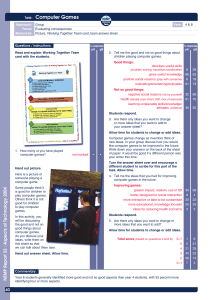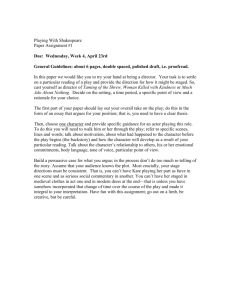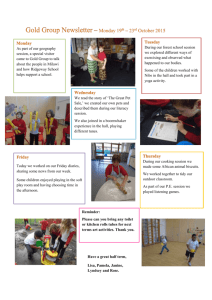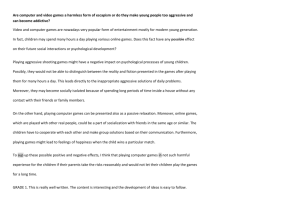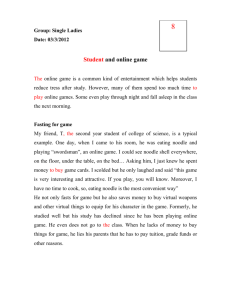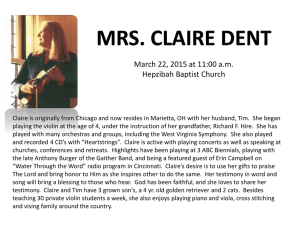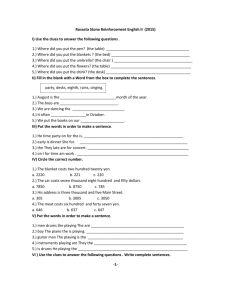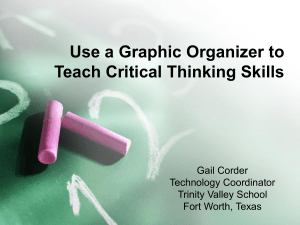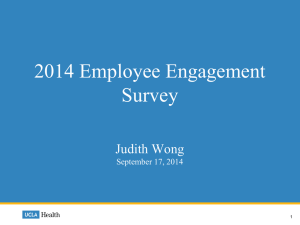Life Course Model and Its Connection to the Classroom
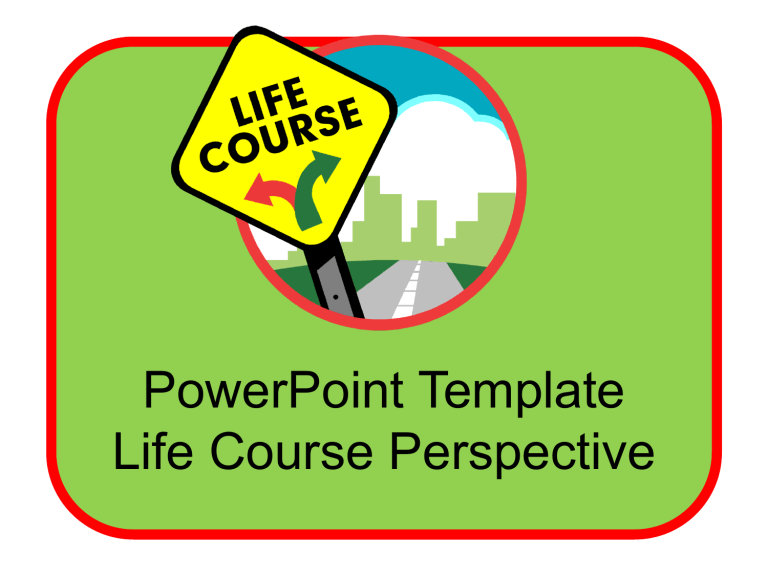
PowerPoint Template
Life Course Perspective
Template Guidelines
• The following slides may be used to explain and discuss the Life Course Perspective and how it impacts our work.
• The slides are not considered a “set.” Slides can be added, deleted or changed to meet the needs of your group.
• Please be sure to give credit to the original authors of the slides as notated.
• If you have any additional questions or technical assistance needs to use the Life Course Game, please contact Katie Brandert at CityMatCH: kbrandert@unmc.edu
, 402-561-7508
The Life
Course Game:
A Simulation
Experience
Debriefing the Game
• What events occurred during the game that you recall?
• What comments did you hear as you were playing the game?
• What facts were presented in the game about life and health?
Reflecting On Your Life…
• What events in the game reminded you of something from your own life?
• If you were in the lead in the game, how did that make you feel?
• If you were falling behind, how did that make you feel?
• What song/music comes to mind that describes your experience playing the game?
Interpreting and Applying
Lessons from the Game
• What does this game tell us about the complex nature of living in our community?
• What learnings or insights that the group has shared so far seem the most critical? The most important to act upon?
• What questions did this experience raise for you personally? For the work you do?
• What difference will using a life course perspective make in our work?
Where Do We Go From Here?
• What actions or ideas has this experience triggered for you?
• How would you articulate the Life Course
Perspective after playing this game?
• What would our community/organization look like if we fully incorporated a life course perspective in all of our work?
• What are the first steps we must take?
The Life Course Perspective
• What is it?
• How does it work?
• What does it mean for you?
Your organization?
Your work?
Family
Support
Education
Our Health Outcomes are Multi-Factoral
Health
Child
Family
Neighborhood Services
Policy
Community
Social
Welfare
Graphic Concept Adapted from Neal Halfon, UCLA
What is the
Life Course Perspective?
A complex interplay of
– biological,
– behavioral,
– psychological, and
– social protective and risk factors contributes to health outcomes across the span of a person’s life.
Risk Factors
Protective Factors
Graphic Concept Adapted from Neal Halfon, UCLA
What is the
Life Course Perspective?
Looking at health through a life course perspective hopes to address three key areas:
1. Your health as an individual
2. Your health before your conception (i.e. your mom’s health pre-conception)
3. Your children’s health (intergenerational component).
Your Mother’s/Father’s Life
Your Life
Next Generation
